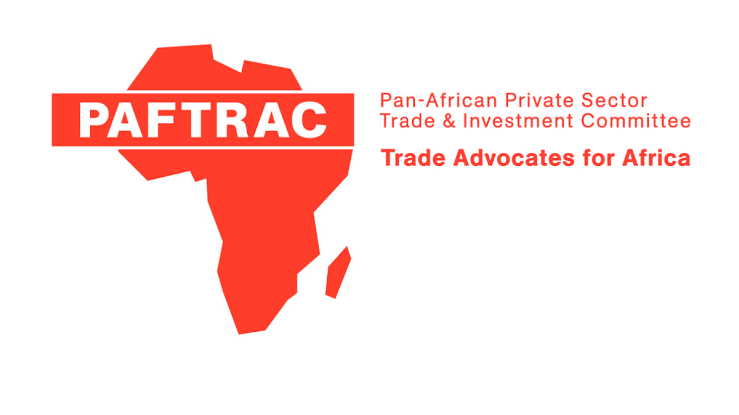Over a third of small and medium-scale industries across Africa say poor infrastructure and weak logistics are the biggest barriers stopping them from fully benefiting from the African Continental Free Trade Area (AfCFTA). This insight is drawn from a new report by the Pan-African Manufacturers Association, which assessed the trade pact’s impact and opportunities for small and medium-scale industries (SMIs) on the continent.
The report, based on a survey of 207 manufacturing firms across sectors like food, textiles, plastics, and chemicals, identified infrastructural gaps and logistical inefficiencies as the most critical obstacles to deeper trade integration within Africa.
Despite the fact that 96 per cent of respondents expressed willingness to engage in intra-African trade, only a small fraction are fully able to take advantage of AfCFTA. The report pointed out key hindrances including poor road and transport networks, complex customs procedures, financial limitations, substandard production volumes, lack of product standardisation, and limited awareness of AfCFTA’s protocols.
About 22 per cent of the firms cited financial constraints, especially foreign exchange instability and poor access to export financing, as a major challenge. More worryingly, 26 per cent admitted they were entirely unfamiliar with how AfCFTA functions.
The association warned that without urgent government action, the gap between AfCFTA’s promise and its impact on small manufacturers may continue to widen. It called for immediate investments in infrastructure and logistics, a simplification of customs and regulatory processes, and greater access to financial and export support. It also advocated for export clustering to boost competitiveness among SMIs producing similar goods.
To prevent larger companies from dominating the benefits of the trade pact, the report stressed the need for strong regulatory safeguards to ensure fair competition and equal access.
The association concluded that AfCFTA still holds transformative potential for the continent’s industrial future, but unlocking these gains will require deliberate and inclusive policy action. It urged policymakers, development partners, and stakeholders to act swiftly to remove barriers and empower SMIs to participate meaningfully in Africa’s single market.










